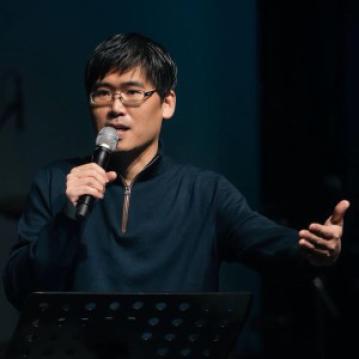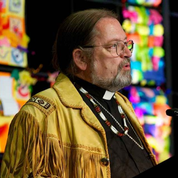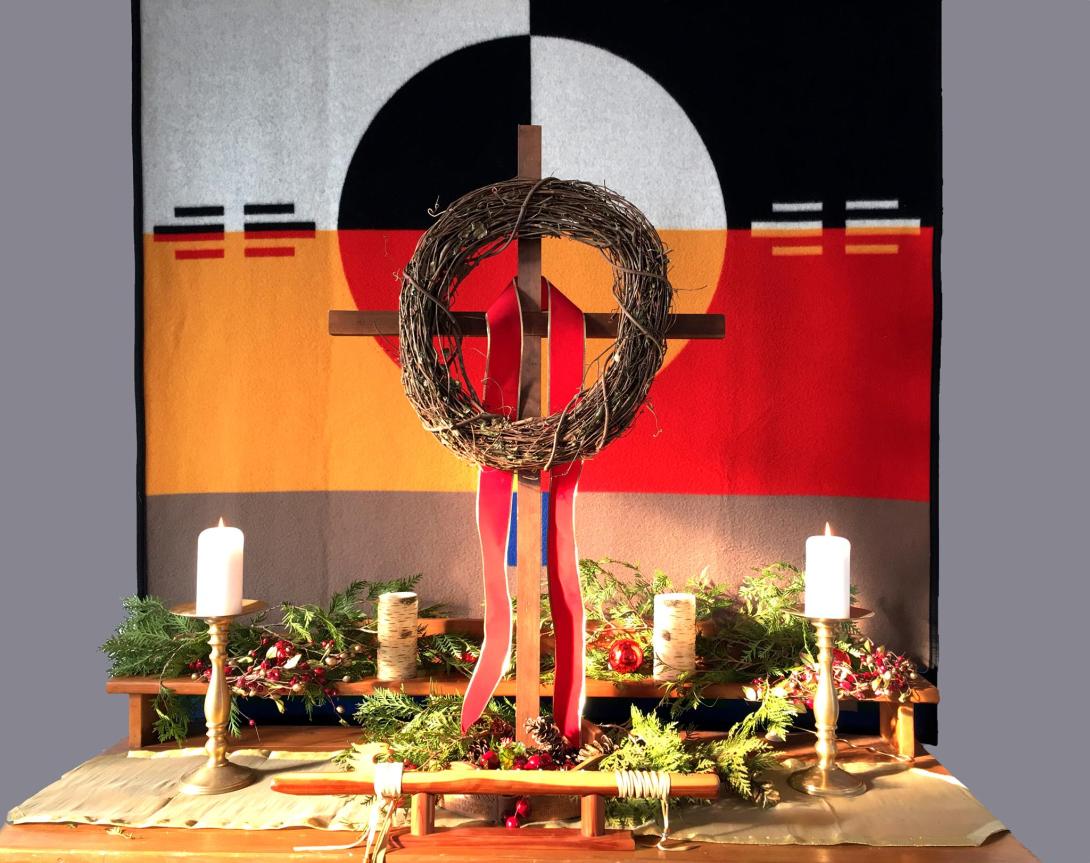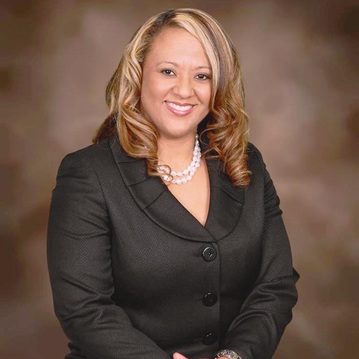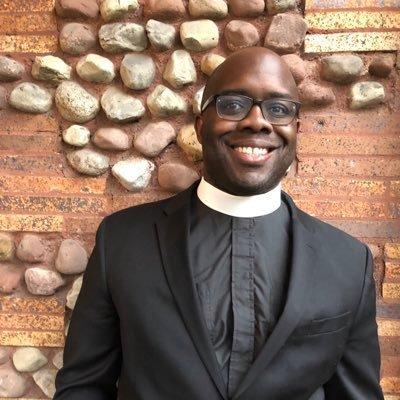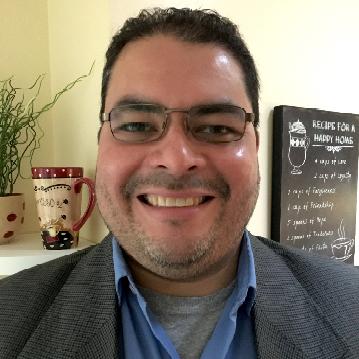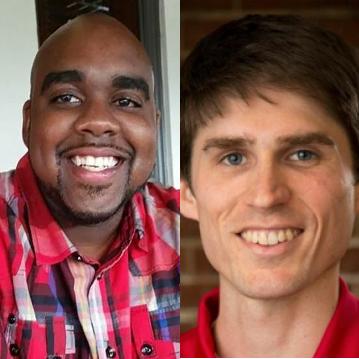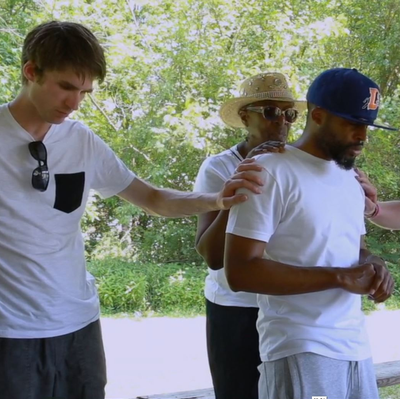Shaping Worship During the COVID-19 Pandemic: Multicultural Community at Proskuneo Ministries, Clarkston, Georgia
In this edited conversation, Jaewoo "Jay" Kim says that Proskuneo Ministries "deeply holds to theological convictions and practices of embodied worship." Stay-at-home pandemic orders have upended their typical worship gatherings, but virtual worship doesn't fit who they are as a multicultural worshiping community.
Mark L. MacDonald on Gospel-Based Discipleship and Indigenous Christians
Archbishop Mark L. MacDonald speaks and writes about gospel inculturation in Indigenous ministries, especially among First Nations Anglicans in Canada. Churches everywhere can learn from the Indigenous Gospel-Based Discipleship model for worship, governance, and community life.
Trauma-Informed Care in Church Worship and Life
This topic showcase highlights resources to help churches use trauma-informed practices in church worship and congregational life. Faith communities are more effective when they become more aware of adverse childhood experiences, collective trauma, and other tragedy.
Indigenous Christian Worship Resources: Where to Start
Many congregations are beginning to realize that they live, work, and worship on land taken from Indigenous people. Learning about First Nations and Native American Christians can help worshipers from other cultures see the gospel with new eyes.
LaTonya McIver Penny on Worship with Differently Abled People
Churches decide to include people with disabilities when they realize God sees us all as equals and all as differently abled. LaTonya McIver Penny advocates for inclusive worship, especially in African American congregations.
Esau McCaulley on Reading While Black
African American biblical interpretation rises from a particular context. It offers unique perspectives on God’s character and glory. Esau McCaulley explains that learning how other cultures exegete the Bible benefits the whole church.
Billy Kluttz on Paperless Liturgy and Music
Sometimes not providing written or projected words and notes is the best way to make liturgy truly the work of the people. Paperless liturgy and paperless music can be great tools for including all ages and abilities in worship.
Janice McLean-Farrell on a Pastoral Approach to Research
Congregations often want to get information from members and neighbors. They can learn how to do so pastorally by considering how scholars do academic research using human subjects. Scholars follow ethical standards to gain data while doing no harm.
Intergenerational Worship Model Based on Scripture and Story
Residents of senior living communities often feel cut off from church life. Meanwhile, congregations often feel segregated by age. This participatory intergenerational worship model brings people together around Scripture and life stories.
Leopoldo A. Sánchez M. on Sculptor Spirit
It is impossible to become more like Jesus on your own. A new book offers five ways to recognize how the same Spirit who worked in Jesus’ life can shape us to be more Christlike.
Georie Bryant and Reynolds Chapman on Prayer Walks
Sometimes Christians worry that praying in public will be embarrassing or offensive. Four congregations in Durham, North Carolina, organized a prayer walk that connected with neighbors.
When Local Churches Learn and Worship Together
Four congregations in Durham, North Carolina, discovered that planning worship, learning, and reflecting together helped them be better witnesses in their East Durham neighborhood.

